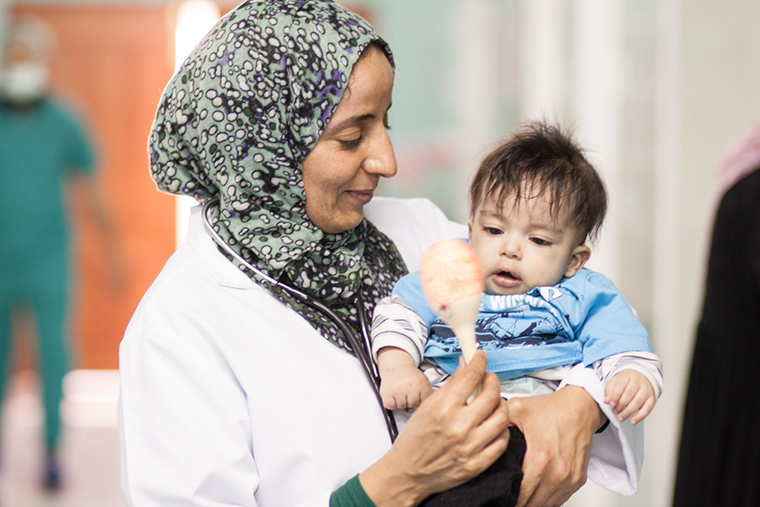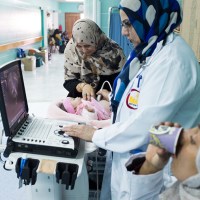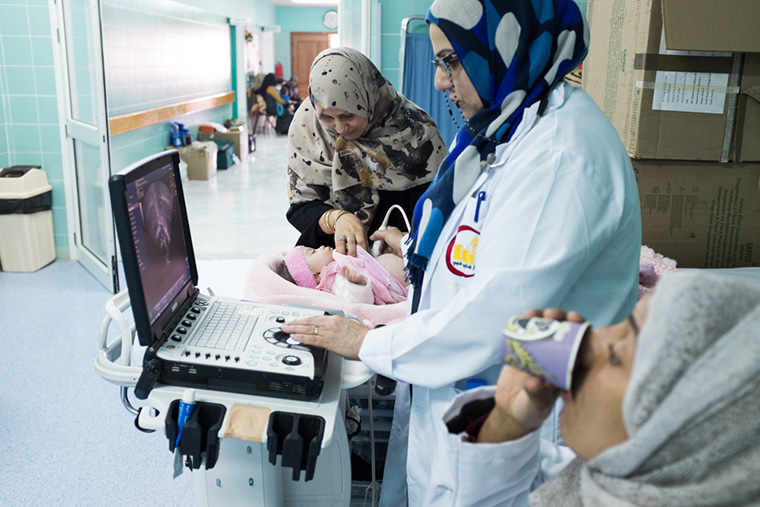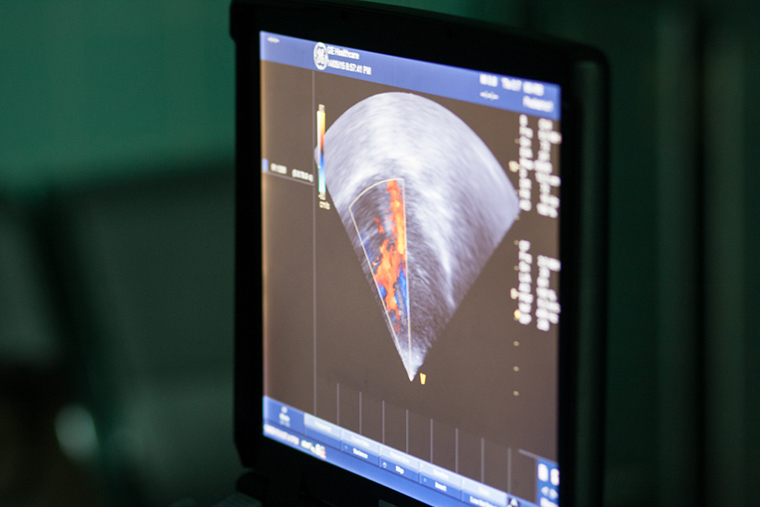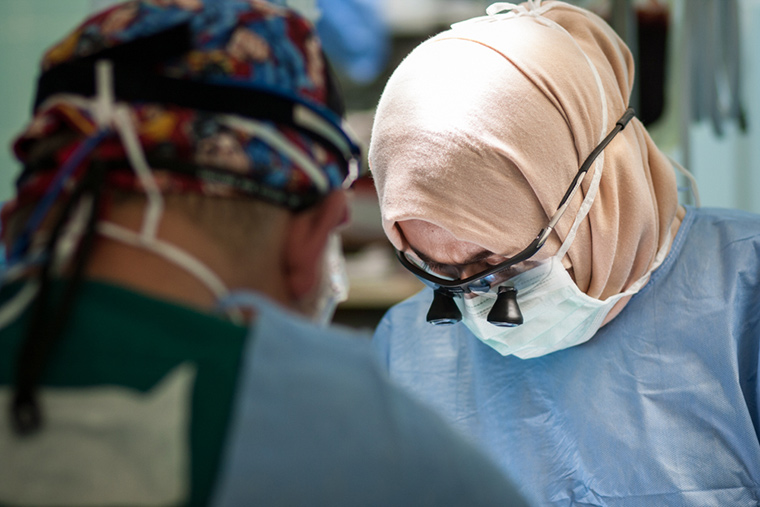
Dr. Wejdan is one of the incredible Libyan surgeons we are helping train in Libya.
When she was just 5 years old, she told her mother she wanted to be a heart surgeon someday. Her mother had no idea that her daughter even knew what a surgeon was!
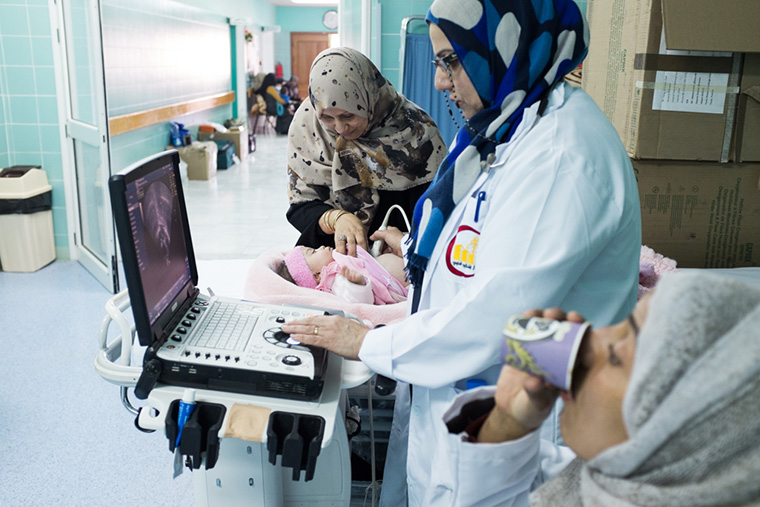
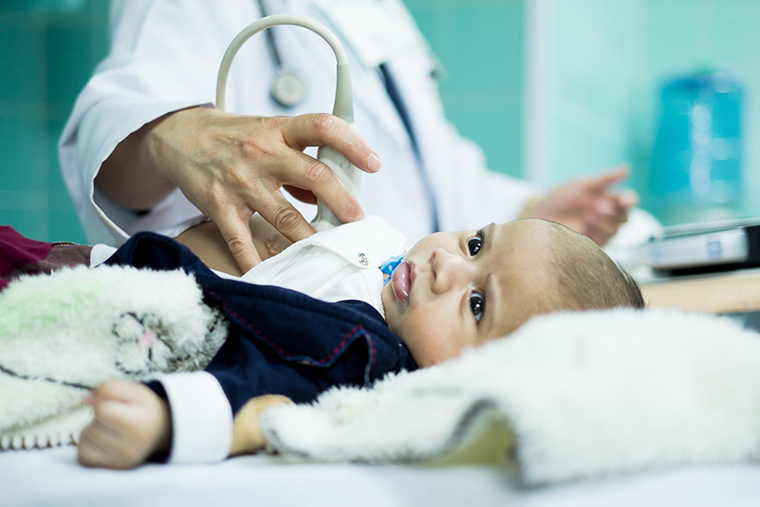
Dr. Rasmia didn’t intend to become a doctor: “My teacher in school, he asked me to finish in engineering because I was fantastic in engineering.” Now a cardiologist, Rasmia changed the direction of her life completely when tragedy struck.
“My father died a sudden death, and he collapsed in front of me when I was in second year high school. So I decided, from that time, that I must be a doctor to save people, because I couldn’t save my family.”
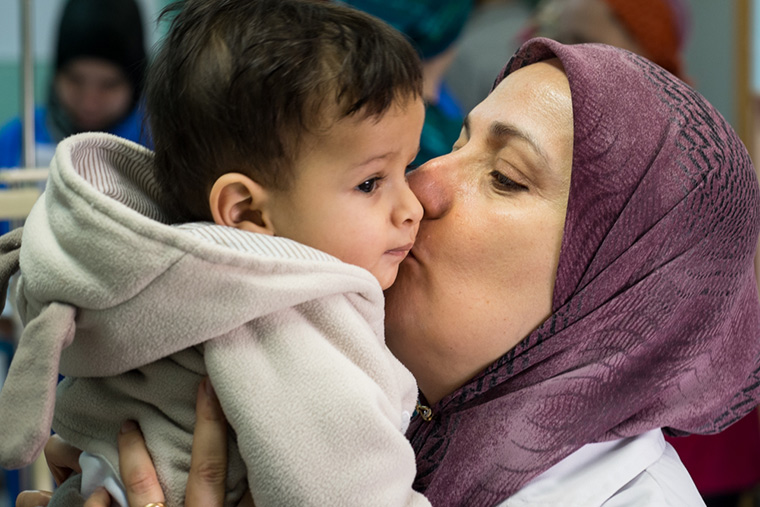
Dr. Naima, one of the top cardiologists in Libya, was hand-picked by her mentor. “There were a lot of choices for me.” she explained.
“By chance, there was a doctor called Dr. Abdul Mahmood. He was the first pediatric cardiologist in Libya. He was working at that time in the hospital, and I was working in his unit.”
“He, this doctor, chose us…he sent my name and the name of Rasmia to the people controlling the hospital.” He said ‘I need these two doctors to come and train…to be a pediatric cardiologist in the future.’ Really, he was the one to choose us.”
After two years of training, learning how to diagnose heart problems in children, Dr. Mahmood left Libya. He left Dr. Naima and Dr. Rasmia as the only ones to carry on the work. “So, at that time, there was no choice at all for us”. Dr. Naima said, “…we had to continue. And it started like that. It was really hard.”
In the late 1990’s there was no internet in Libya to consult. Dr. Naima and Dr. Rasmia no longer had a mentor to learn from. And they had no colleagues to share the burden.
“Really, our teachers were the patients.”


In-fighting and sanctions left Libya cut off from much of the world, and most aid groups have pulled out. The international doctors and nurses who come to Libya provide the only opportunity for pediatric heart doctors to learn more in their field. These Libyan doctors work hard and spend weeks away from their families to take full advantage of every learning opportunity!
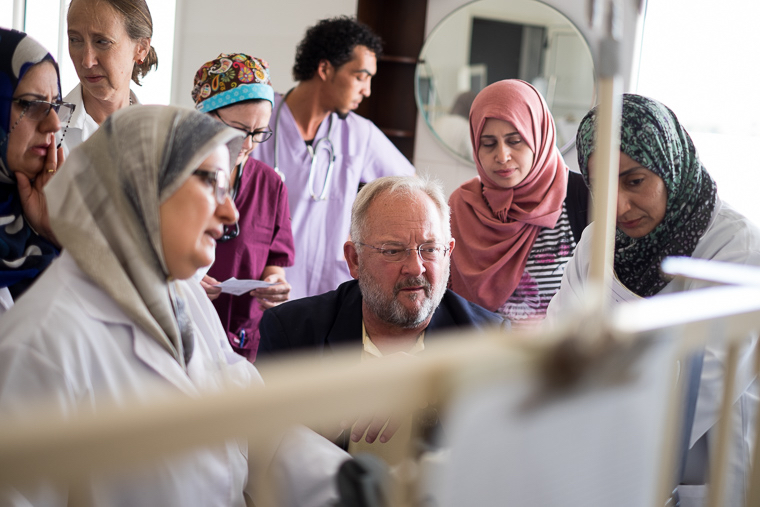
The cardiologists who diagnose these defects take time to observe surgeries, to learn as much as possible about the hearts they typically only see on a screen. The heart surgeon sits in on diagnosis sessions, to learn from the imaging of individual hearts before a cut is ever made. Everyone attends post-surgical sessions in the ICU, to give feedback on surgeries, the progress of patient healing and possible complications.
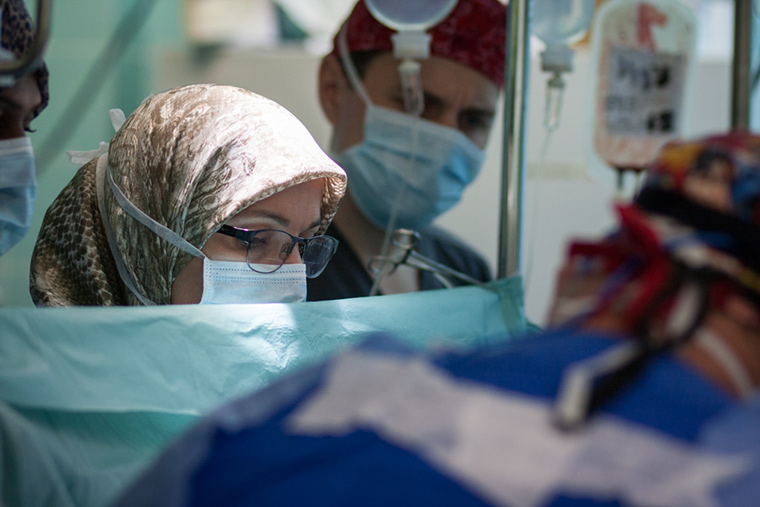
They create a climate of collaboration—there is no competition here. They encourage each other and push each other forward. They work together to give patients the very best care, and to learn as much from each other as possible.
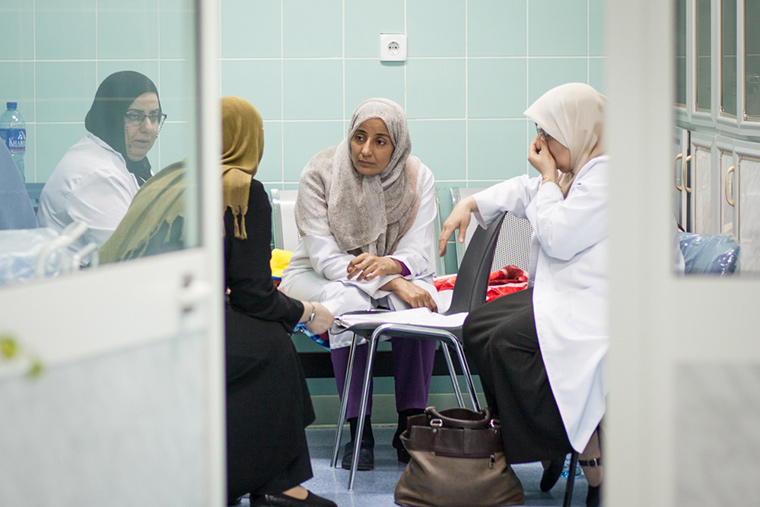
Their passion and collaborative approach is creating a strong programme, and an environment for constant learning and growth. Their openness makes space for the next generation of medical residents, who come whenever they can spare the time, to observe and learn.
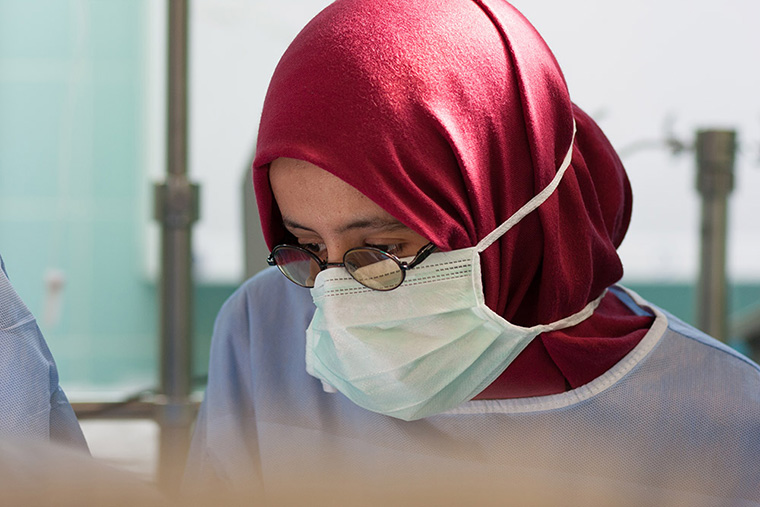
“Naima and I, we were suffering a lot” Dr. Rasmia emphasized “because we were the only ones to do echoes at that time. Now we have a lot of cardiologists. And all of them are female…”
